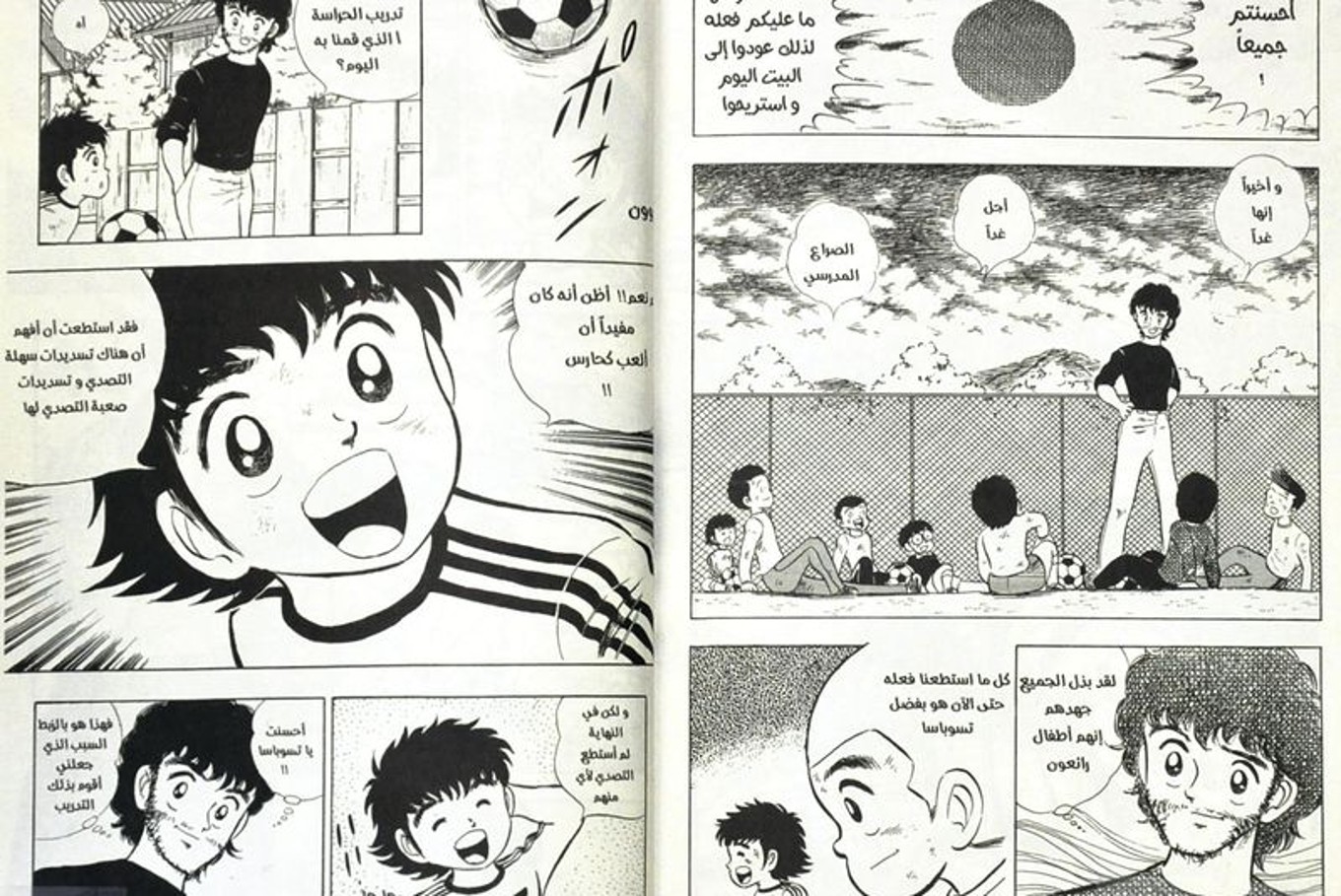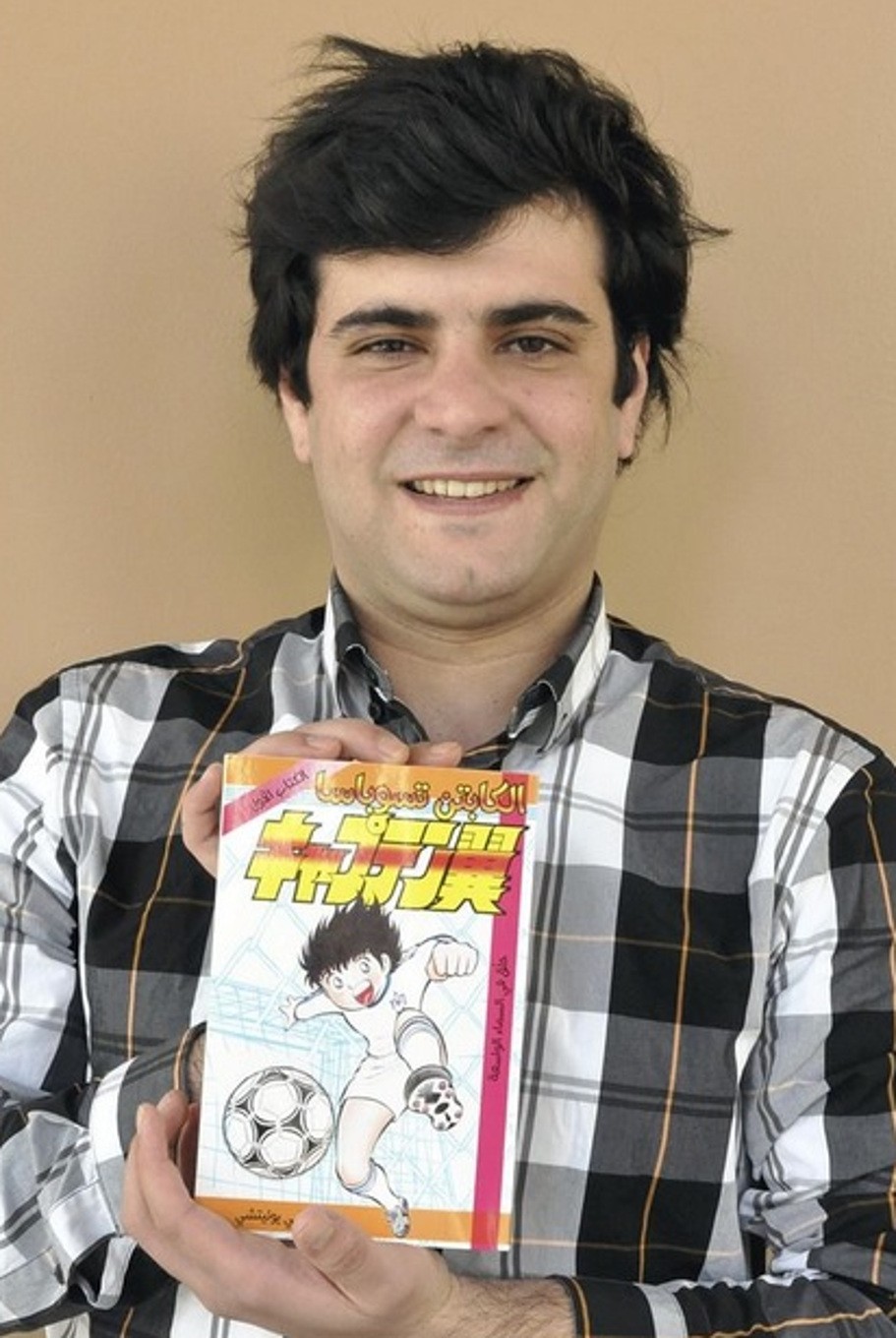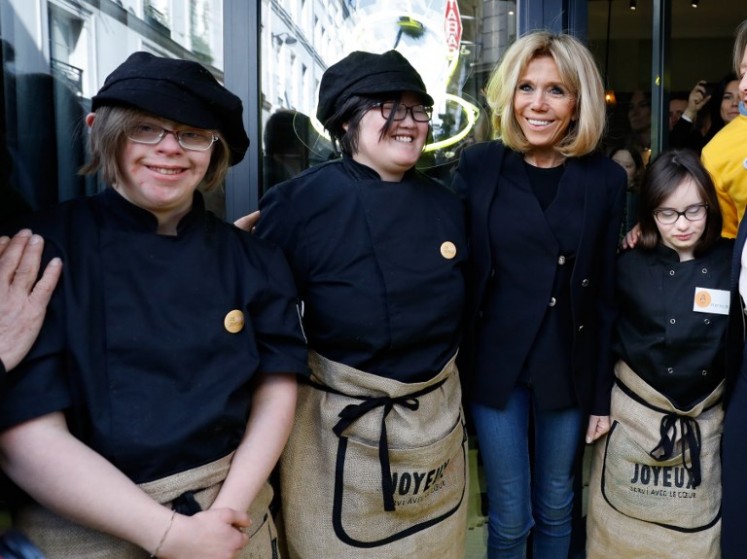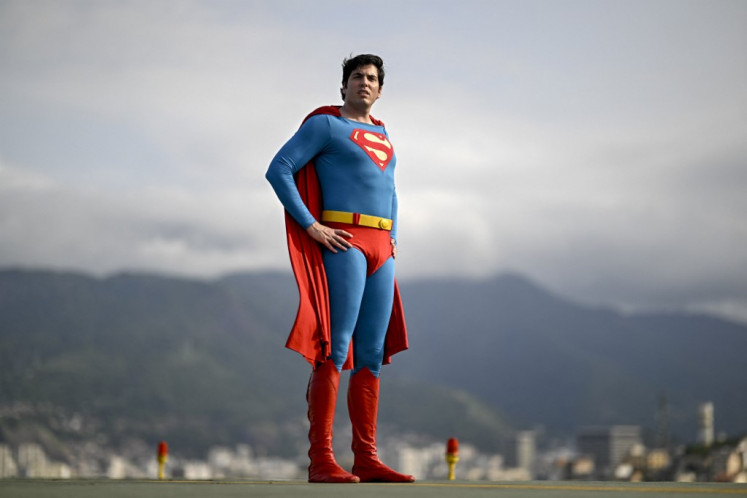Arabic edition of ‘Captain Tsubasa’ manga aims to inspire Syrian refugees
Change Size
 The Arabic edition of 'Captain Tsubasa'. (Yoichi Takahashi/Shueisha via The Japan News/File)
The Arabic edition of 'Captain Tsubasa'. (Yoichi Takahashi/Shueisha via The Japan News/File)
A
Syrian student studying in Japan hopes the manga “Captain Tsubasa” will bring hope to Syrian children after he translated the popular Japanese comic into Arabic.
Sales of the Arabic edition, translated by Kassoumah Mhd Obada, have risen in the Middle East.
Obada is an exchange student at Tokyo University of Foreign Studies.
“I want to show people how important it is to try to make your dreams come true,” Obada said.
The first volume of the Arabic version was sold at Kinokuniya Co.’s Dubai bookstore in January.
“Captain Tsubasa” became a weekly bestseller in the bookstore, with about 800 copies of the first volume having been sold so far.
“Captain Tsubasa” is a work by Yoichi Takahashi, 56. The manga started in Shueisha Inc.’s Weekly Shonen Jump comic magazine in 1981.
The story centers on a soccer-playing genius, Tsubasa Ozora, who aims to become the world’s best player while competing with rivals.

Read also: X Japan leader, famed for intense drumming, needs surgery
The manga was popular among elementary and junior high school students, with over 70 million copies of books in the series sold in Japan. It has also been published in about 20 countries and regions, including Italy, Mexico and Thailand.
The manga was turned into an anime, attracting the attention of Argentine soccer player Lionel Messi and many soccer fans.
“Captain Tsubasa” was originally published by Shueisha. Kinokuniya obtained permission from the firm to publish the Arabic version. Kinokuniya then asked the university to find a translator, and Obada, 26, who has been studying at the university since 2012, was chosen.
Obada began translating the manga series in June last year. He has so far translated six volumes out of the 37 volumes of the comic books.
Drinking is prohibited in Islamic countries, so in a scene where a man who is drunk is commented on, Obada said he changed the line that originally said, “That drunken man?” to “That strange man?”
Since the Syrian civil war began in 2011, more than 5 million refugees have left the country.
“Tsubasa Ozora overcame his difficulties with the aim of spreading his wings around the world,” he said. “I want children in my country to read this manga.”
The Arabic edition is planned to be sold in 19 countries and regions in the Middle East and North Africa.
Shueisha plans to deliver 1,000 copies to Syrian refugees.
This article appeared on The Japan News newspaper website, which is a member of Asia News Network and a media partner of The Jakarta Post









